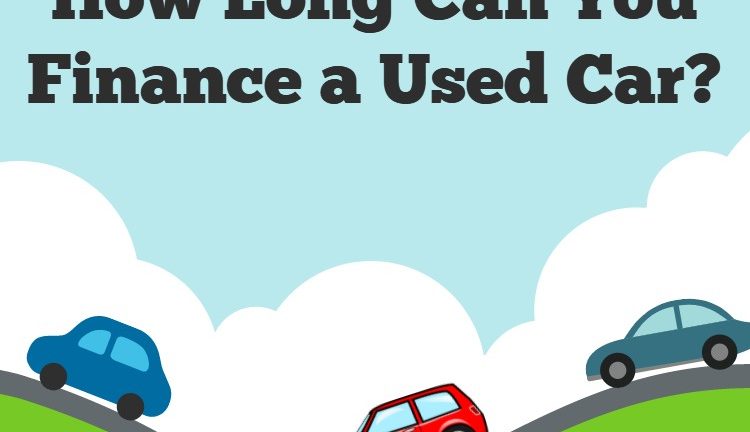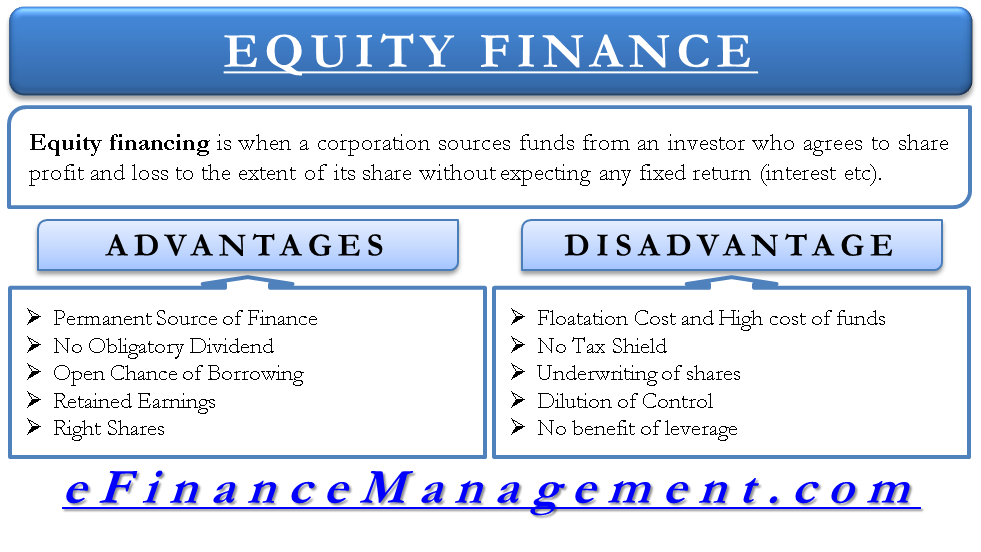If a purchaser asked you to front them the money to buy your house from you, you 'd believe they were crazy. It's up to your buyer to figure out a method to spend for your house, right? Think it or not, there are actually house sellers who provide to loan buyers the cash to acquire their residential or commercial property: it's called owner financing. Source: (Ryan Bruce/ Burst) Likewise known as seller funding or a purchase-money home mortgage, owner funding is a plan where the house purchaser obtains some or all of the cash to buy the house from the existing homeowner. Sometimes, this takes place due to the fact that the purchaser does not wantor can't certify fora traditional mortgage from a conventional lender.
For example, let's say the accepted offer between the buyer and seller is $300,000. The buyer has 20%, or $60,000, to put down on the home, however their home mortgage business only authorizes a loan of $200,000. With seller funding, the seller can lend the buyer the additional $40,000 needed to make up the distinction. Nevertheless, seller financing isn't generally anticipated to be a long-term arrangement. It's usually a short-term service till the purchaser can arrange a standard loan for the complete mortgage amountnormally within a couple of years. Since that's the case, the terms of these loans are frequently developed to motivate the purchaser to seek out alternative funding.
The good news is that, while this arrangement is a private home loan in between 2 civilians, it is a legally binding agreement with terms, conditions, and requirements to which both parties must adhereand option if the agreement terms are violated. The bad news is that it's a personal loan in between two private people. And if you have actually ever faced problem providing cash to friend or family, it's just natural for the seller to be worried about lending an even larger sum to a stranger. "Seller financing can go really well if you're dealing with financially solvent people who have excellent jobs and are truthful," says Edie Waters a top-selling agent in Kansas City, Missouri, who's offered over 74% more residential or commercial properties than her peers.
However that wasn't constantly the case. In truth, the appeal of seller funding is affected by rate of interest. "Right now we're not in this type of market, but in the '80s, the interest rate was 18%," states Waters. "And those rates of interest increased extremely quickly. So let's state the seller back then had a loan at 8%, but their buyer can just get an 18% interest rate. That's a 10% gap." This typical scenario back in the 1980s, was why seller funding and the contract for deed ended up being a popular option. Instead of paying the bank 18% interest, the seller would keep their 8% home mortgage, and charge their purchaser 12% -15% in the brand-new, seller financed home loan.

How How Much Does It Cost To Finance A Car can Save You Time, Stress, and Money.
Otherwise you might run into issues buying another home. If you're still paying a home loan on the house you have actually seller financed, you'll be accountable for and have to get approved for both mortgages. "Today, I would not recommend that a seller offer owner funding if they still had a loan on their home," advises Waters. "Not unless they could just definitely manage it, and wished to utilize it for a tax deduction." If you do run that threat, you could be stuck paying both home mortgages if your purchaser defaults on the loan. Source: (Nicole De Khors/ Burst) There are a is a timeshare a scam lot of pros and cons to owner funding, but possibly the biggest danger that the seller needs to fret about is purchaser default.
However you, as the seller, require to prepare that probably anywhere from 60% to 70% of the time you're going to get that house back," recommends Waters. Remember, purchasers who request for seller funding generally can't get approved for a traditional home loan, or a minimum of not for a loan big enough to cover the full house rate. Which suggests that they are high-risk borrowers. High-risk purchasers are most likely to default, but that's not the worst partif they decline to leave. If they just stop paying you, however don't vacate, you'll have to bear the expense to foreclose on the home.
" There's a great deal of threat on both sides, but there's a lot more danger in it for the seller," says Waters. "If it goes bad, the buyer will get a bad credit report, down to 500 or less if they default on a loan. But the seller is stuck with your house and the condition it's in. They're stuck to all the required repair work, the expense of fixing it up, all the included wear and tear on things like the roofing system, the devices and the A/C. What is a consumer finance account. And they're stuck to the time and cost of selling it once again. So you need to be all right with the threat involved." Aside from the truth that there's a high probability that you'll become financially accountable for the seller-financed residential or commercial property again, you might not be able to structure the regards to the loan precisely as you 'd like.
Sadly, those reforms even affect personal loanswhich methods you might not have the ability to include that incentivizing balloon payment after all. Lastly, considering that you're the one providing the money, you'll just be earning money in little installments over a duration of time, just like a regular lending institution. In other words, you won't have the ability to access your full equity in the home you sell to help you buy another one. https://truxgo.net/blogs/75284/636265/a-biased-view-of-how-to-finance-a-car-with-no-credit The news isn't all bad, though. "The tax advantages are potentially substantial for sellers financing their buyers," says Waters. We always recommend that they check out with their financial consultant to make sure they understand all the tax rate pros and cons." Since your purchaser is paying you in little increments over a duration of numerous years, the government concerns this as an Browse this site installment sale which includes considerable tax breaks.

Some Ideas on How To Finance A Home Addition You Need To Know
The most significant pro is that as the lending institution, you retain the title to the home till you're paid completely, so if your purchaser does default, your house is still yoursno matter just how much cash they've already paid toward their mortgage. Source: (Ryan Bruce/ Burst) If it sounds like seller funding is the right option for you, then you'll need to understand what to do: The first thing you need to do is make certain you're economically protected adequate to face the threats that come with seller financing. It's inadequate to just own your house outrightyou should also have adequate money saved to cover repair work, taxes, insurance coverage, and any other expenses you might require to cover up until you can get the house offered again.